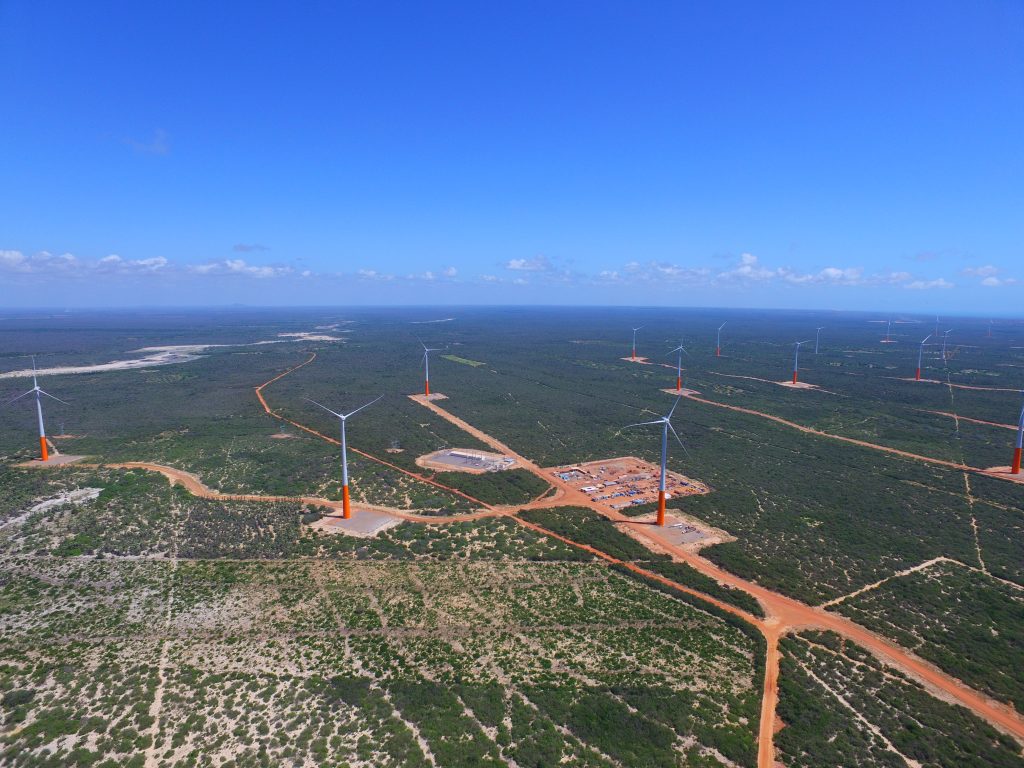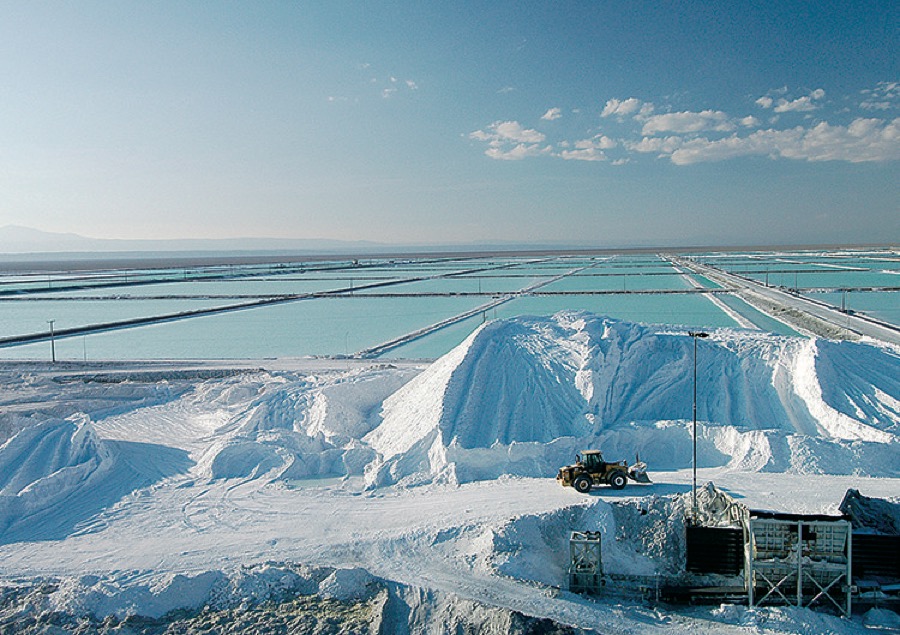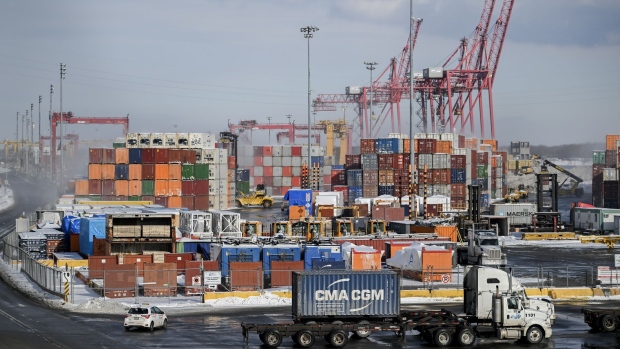A major transport company has rerouted cargo away from the Port of Montreal over fears of a potential strike, prompting concerns that others may follow in its wake.
Delmar International, a Quebec-based logistics firm that counts 1,500 employees across 17 countries, said all Montreal-bound freight will now flow through the Port of Halifax in a pre-emptive move to curtail fallout from possible job action.
"While uncertainties persist at the Port of Montreal, Delmar International will reroute all East Coast Montreal-bound cargo via Halifax to limit any negative impact of a potential work stoppage until further notice," the company told customers in a post last week.
Earlier this month, the Canada Industrial Relations Board dismissed a request from Montreal port employers to require employees to work during a strike, opening the gate to a job action or lockout after a six-month freeze while the ask was under consideration. That freeze ended with the board's decision on March 14.
On Friday, the Maritime Employers Association followed up with a complaint to the labour board that called on it to rekindle talks due to a "bad faith" stance by the union, which it claims has refused to resume bargaining.
"The parties are at an impasse caused by the union's refusal to negotiate," the submission said in French.
"The association is contacting the CIRB to urgently obtain a hearing and remedies to force the union to comply with its obligations and thus allow the resumption of negotiations."
The last meeting between the two sides took place on Jan. 16, according to the filing.
Association spokeswoman Isabelle Pelletier said employers are "very worried" about the consequences of mounting fears that a strike is looming.
"We have strong signals that cargo will be rerouted because of the uncertainty at the Port of Montreal," she said in an email.
The employers, who in their complaint blamed the workers for "scaring away" cargo, noted that they continue to pay employees including those not on the job amid a fall in freight volumes — an "untenable situation" as revenue drops in lockstep with the decrease, the association said.
Container shipments fell nearly nine per cent last year, according to tonnage data from the port.
The dockworkers' union, which represents roughly 1,200 Montreal port workers affiliated with the Canadian Union of Public Employees, declined to comment. Wednesday marked the deadline to respond to the employers' labour board complaint.
The collective agreement expired on Dec. 31.
Canada’s maritime supply chain has faced several labour disruptions over the past four years, on top of the backlogs and bottlenecks of the COVID-19 pandemic.
Last summer, a strike by 7,400 B.C. dockworkers dragged on for 13 days, shutting down the country's biggest port and costing the economy billions of dollars.
In October, an eight-day strike by employees on the locks of the St. Lawrence Seaway halted shipments of grain, iron ore and gasoline along the trade corridor.
And in Montreal, longshore workers last went on strike in August 2020 in a 12-day job action that left 11,500 containers languishing on the waterfront.
Mutual suspicion persists to this day after that standoff, observers say.
Federal Transport Minister Pablo Rodriguez on Monday pointed to an apparent "climate of mistrust" between the dockworkers and the Maritime Employers Association, which represents shippers and terminal operators.
Others echoed his concerns.
"It's getting to be an acute situation," said Julia Kuzeljevich, spokeswoman for the Canadian International Freight Forwarders Association.
"There are great fears that they'll do a 72-hour strike notice at any point," she said. "Many people are choosing to divert cargo ... It's just a big question mark hanging over the situation."
Before hitting the picket lines, the union would have to hold a strike mandate vote, which it can do at any time. If the vote is successful, job action could kick off three days after executives give the word.
Large retailers would be among the hardest hit by a disruption, said Bob Ballantyne, a senior adviser at the Freight Management Association of Canada, whose nearly 60 members include Canadian Tire Corp., Hudson's Bay Co. and Home Depot Canada.
"In advance, they'll start making other arrangements. I suspect a number of our big retailers and other importers will have already started to do that," Ballantyne said.
"They'll be looking at rerouting primarily to the ports of Halifax and St. John, N.B."
Meanwhile, labour tensions are also simmering just down the line in the transport sector.
Canada's two main railways this month resumed talks with the union representing about 9,200 conductors, engineers and yard workers, a back-and-forth overseen by federal mediators since March 1.
A mandated 60-day period of mediated negotiations followed by a 21-day cooling-off period means a work stoppage at either Canadian National Railway Co. or Canadian Pacific Kansas City Ltd. could begin as soon as May 21.
In November 2019, a rail strike gripped the country for eight days until CN and 3,000 railroaders reached a tentative deal, ending a job action that halted shipments, triggered layoffs and disrupted industries across the country.
This report by The Canadian Press was first published March 27, 2024.







